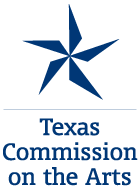Xicanx: Dreamers + Changemakers | Soñadores + creadores del cambio
Jun 7–Oct 6, 2024
Image Gallery
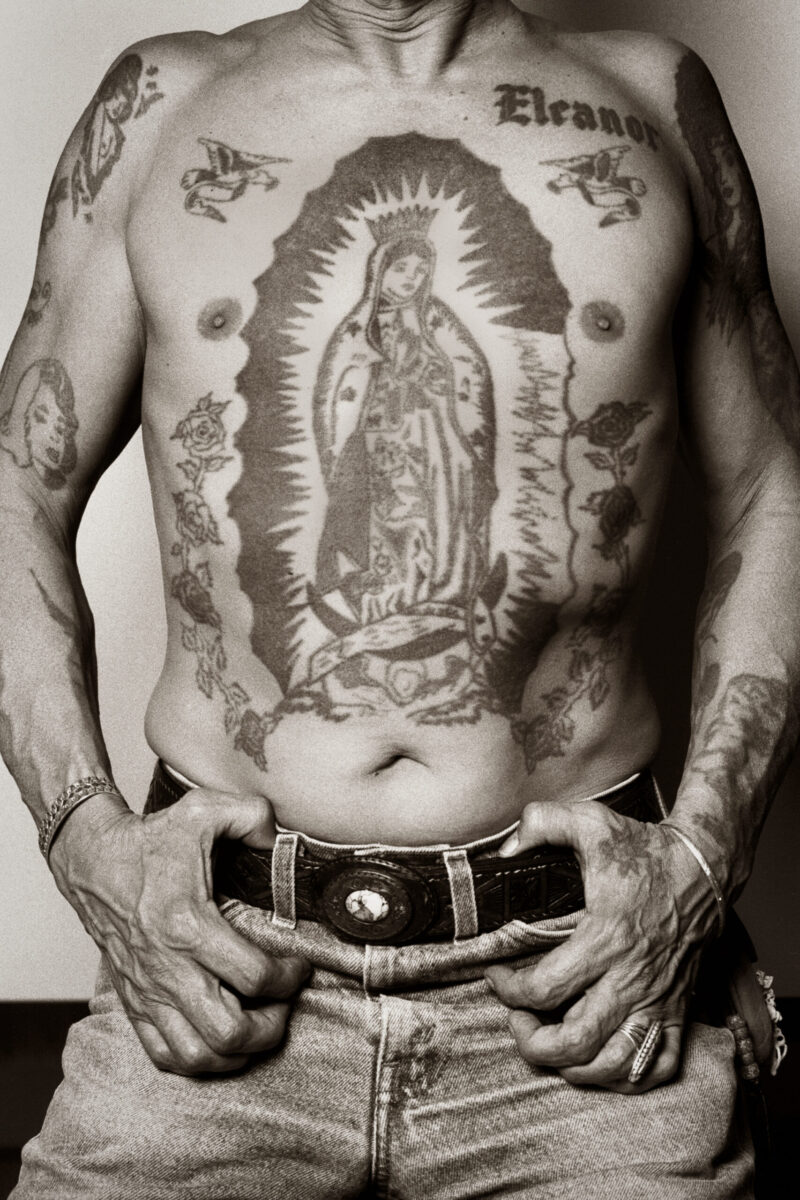
Al Rendon, "Raúl Salinas, 1987." Archival pigment ink print
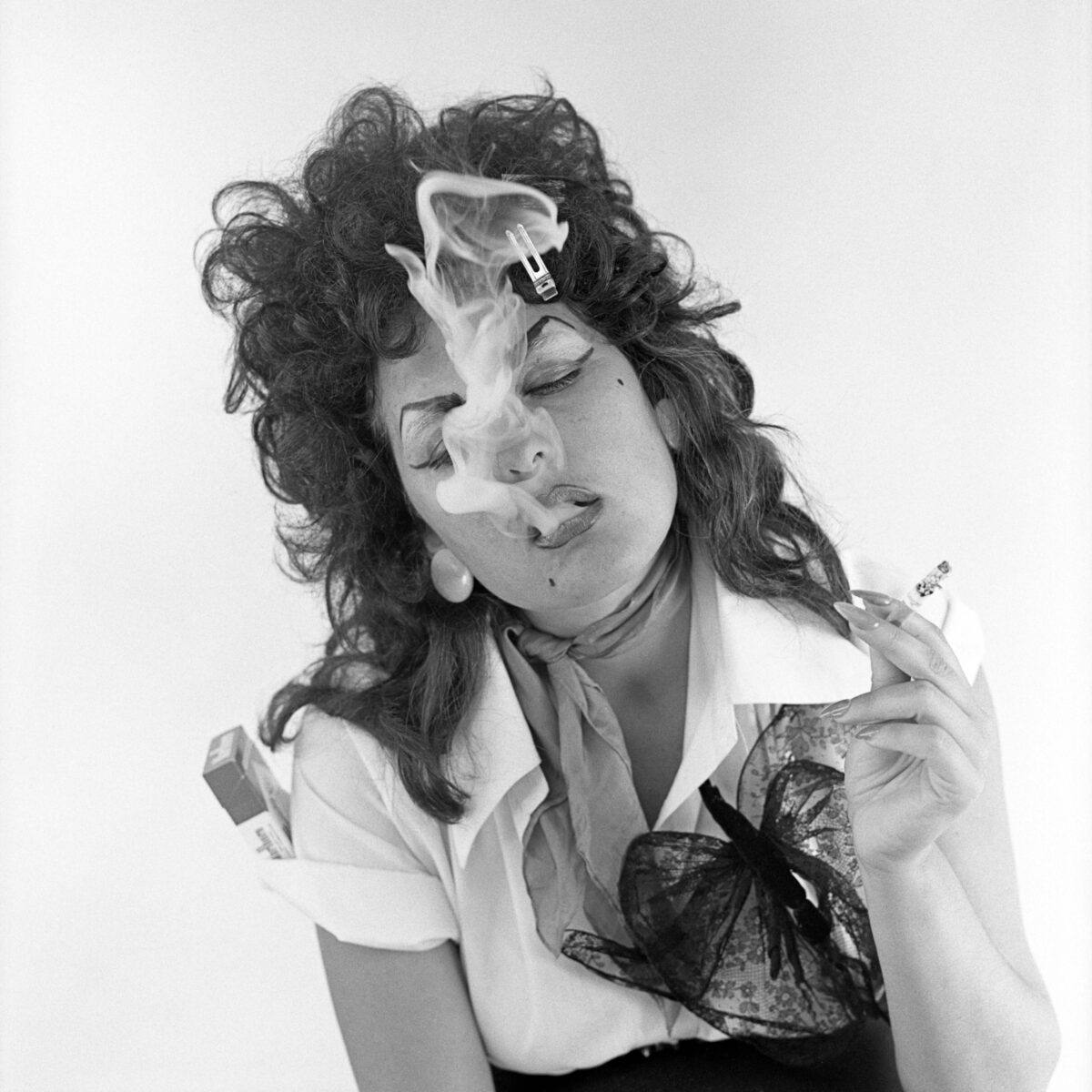
Judith F. Baca, "Judith F. Baca as La Pachuca," from "Last Tres Maria" Installation and Performance. Photograph.
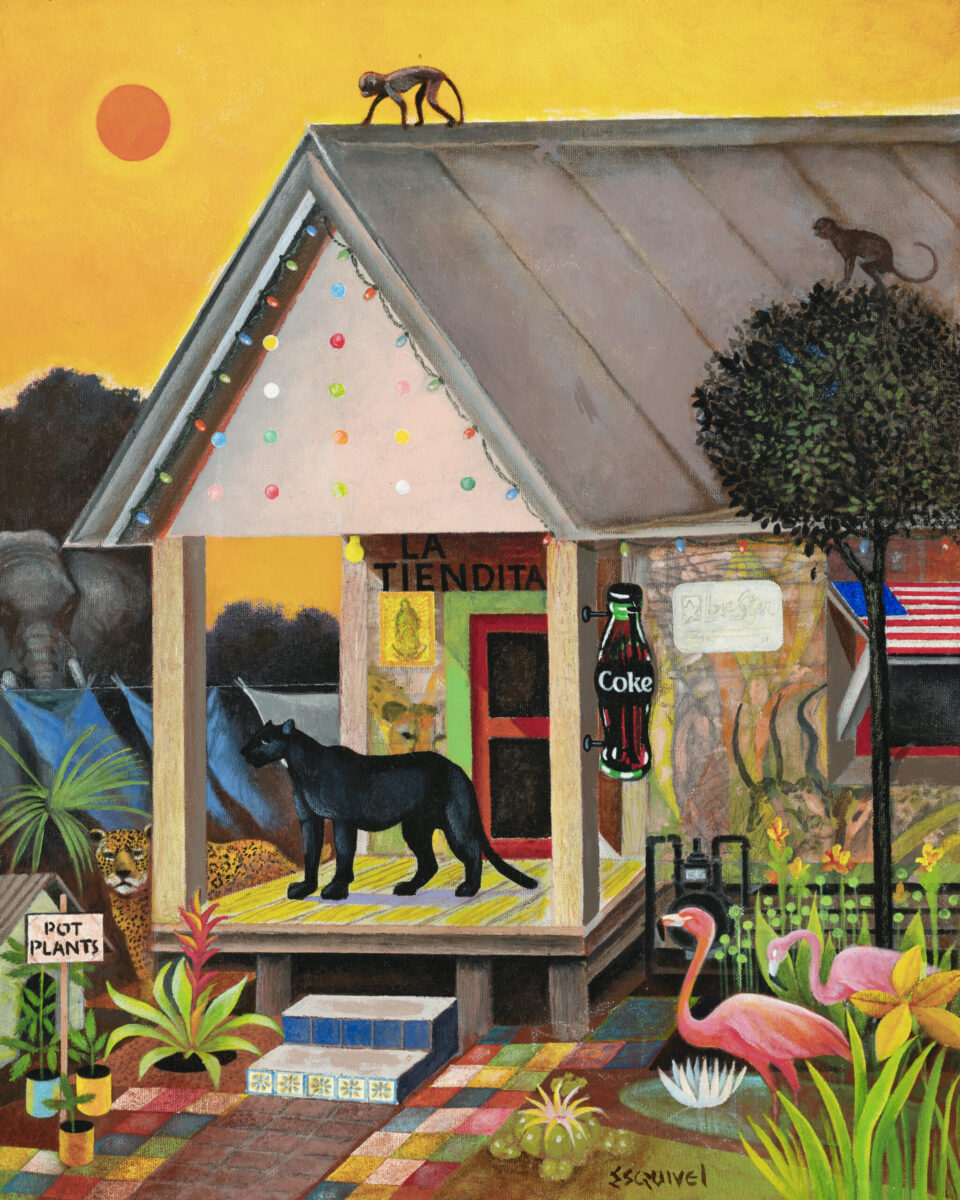
Jose Esquivel, "La Tiendita," 2014. Acrylic on canvas.
Xicanx: Dreamers + Changemakers | Soñadores + creadores del cambio
Jun 7–Oct 6, 2024
Celia Álvarez Muñoz + Richard “Ricky” Armendaríz + Judith F. Baca + Rolando Briseño + Sarah Castillo + Celeste De Luna + Alejandro Diaz + Jose Esquivel + Ana Fernandez + Carlos Frésquez + Roberto Jose Gonzalez + Ana Laura Hernández + Ester Hernandez + Luis Jiménez + Dennis Martinez + César A. Martínez + Delilah Montoya + Julio César Morales + Oree Originol + Alfred J. Quiroz + Chuck Ramirez + Juan Miguel Ramos + Al Rendon + Moises Salazar + Ana Lilia Salinas + Raul Servin + Rudy Treviño + Luis Valderas + Linda Vallejo + Kathy Vargas + Debora Kuetzpal Vasquez + Davíd Zamora Casas
The artists in this exhibition are dreamers and changemakers. Of Mexican-American origin, they self-identify as Xicanx, a term that crosses national borders and gender lines to encompass the Chicano people’s multi-generational experiences of social difference.
These artists are part of a rich tradition of combining visual art and activism. Some began their work as part of El Movimiento, the Chicano civil rights movement of the 1960s and 1970s that had its roots in the United States. Others define themselves as Indigenous, drawing upon their origins in Aztlán, the ancestral homeland referenced in Mexican códices and oral histories. The next generation is expanding the idea of Xicanx art while continuing the work of addressing personal, social, and political issues.
The fight by Xicanx artists for social justice is not yet over. It remains as vital today as when El Movimiento first began.
Xicanx: Dreamers + Changemakers | Soñadores + creadores del cambio was originally produced and presented by the Museum of Anthropology (MOA) at UBC and The Americas Research Network (ARENET), and curated by Jill Baird, former Curator of Education, MOA + Greta de León, Executive Director, ARENET. The presentation at Contemporary at Blue Star has been organized in collaboration with Mary Heathcott, Executive Director Contemporary at Blue Star; Jacqueline Saragoza McGilvray, Curator and Exhibitions Director, Contemporary at Blue Star; and Jon Hinojosa, Creator, YO CREO. The exhibition will be accompanied by an exhibition opening June 7, 2024 6-9pm, public programs, and a Xicanx month symposium, August 2024. Visit our events for a calendar of upcoming programs.
Visit the Xicanx website–part catalog, part archive, part resource center.
*This exhibition uses the term Xicanx to refer to Chicano, Chicana and Chicanx. The term reflects those who fought for and claim this designation and incorporates the ‘X’ from the Spanish transcription of the Nahuatl sound ‘ch’. Nahuatl is one of the major Indigenous languages in Mexico. The ‘x’ on the end signals gender-neutral and non-binary inclusivity.

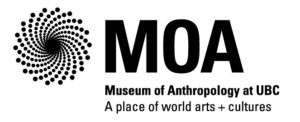
We are incredibly grateful for our family of funders and community leaders.
Thank you to the Xicanx Host Committee, led by Honorary Co-Chairs Dr. Ellen Riojas Clark and Dr. Tomás Ybarra-Frausto: Catherine and George Cisneros, Mary Alice and Dr. Henry G. Cisneros, Elyse A. Gonzales and Emilio Abarca, Joan Frederick, Mari Hernandez, Angelika Jansen, Penelope Speier and Edward E. Collins, III, Kathy Vargas, and Anna and Todd Wulfe.
Major funding for Xicanx is contributed by The Alice Kleberg Reynolds Foundation and:
Related Events & Programs
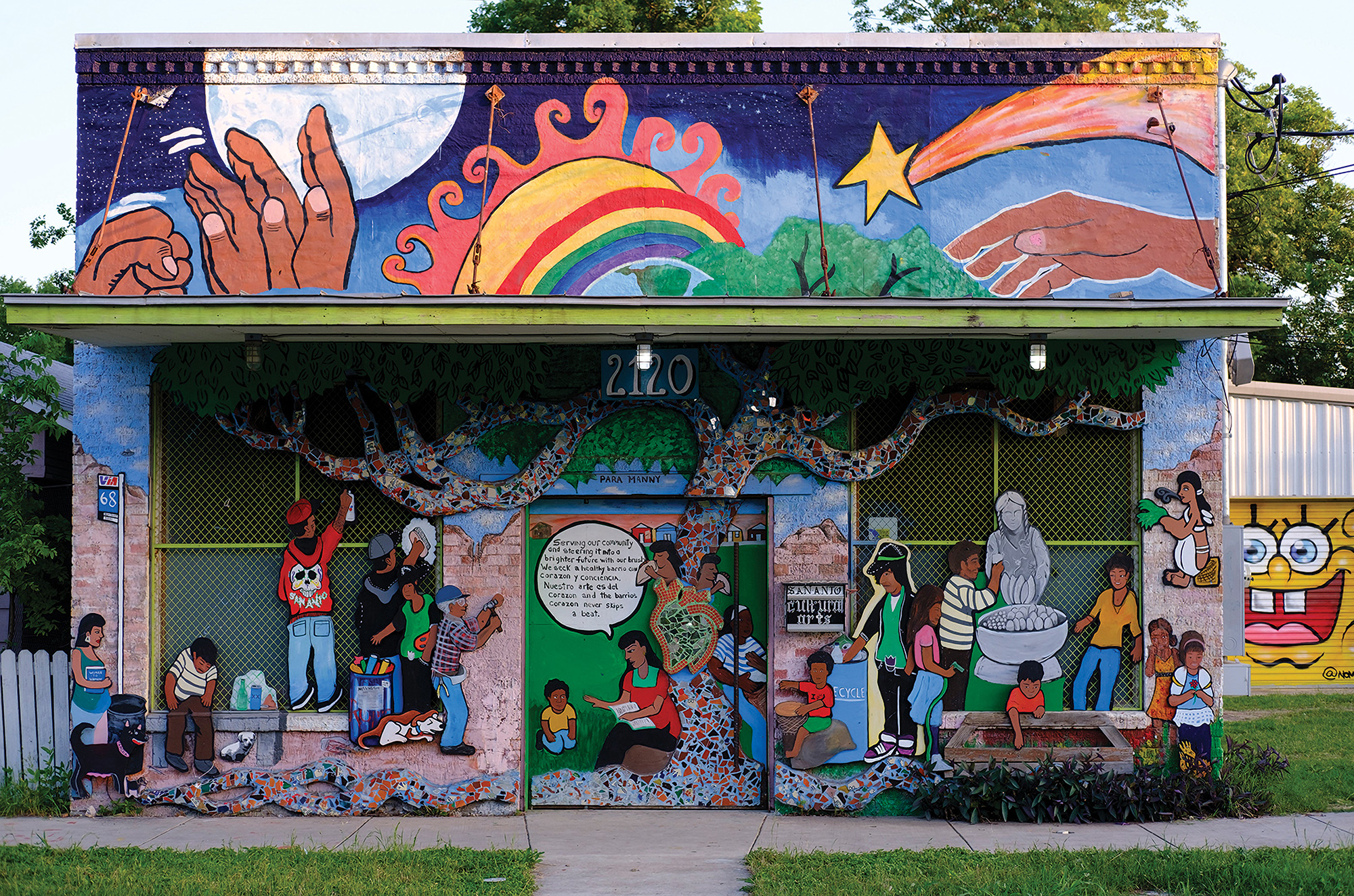
“Barrio Wellness” mural by Angel Hernandez, San Anto Cultural Arts Center. Photo by Clint Datchuk, Courtesy of San Antonio Magazine.
Westside Murals Tour

“Barrio Wellness” mural by Angel Hernandez, San Anto Cultural Arts Center. Photo by Clint Datchuk, Courtesy of San Antonio Magazine.
Westside Murals Tour
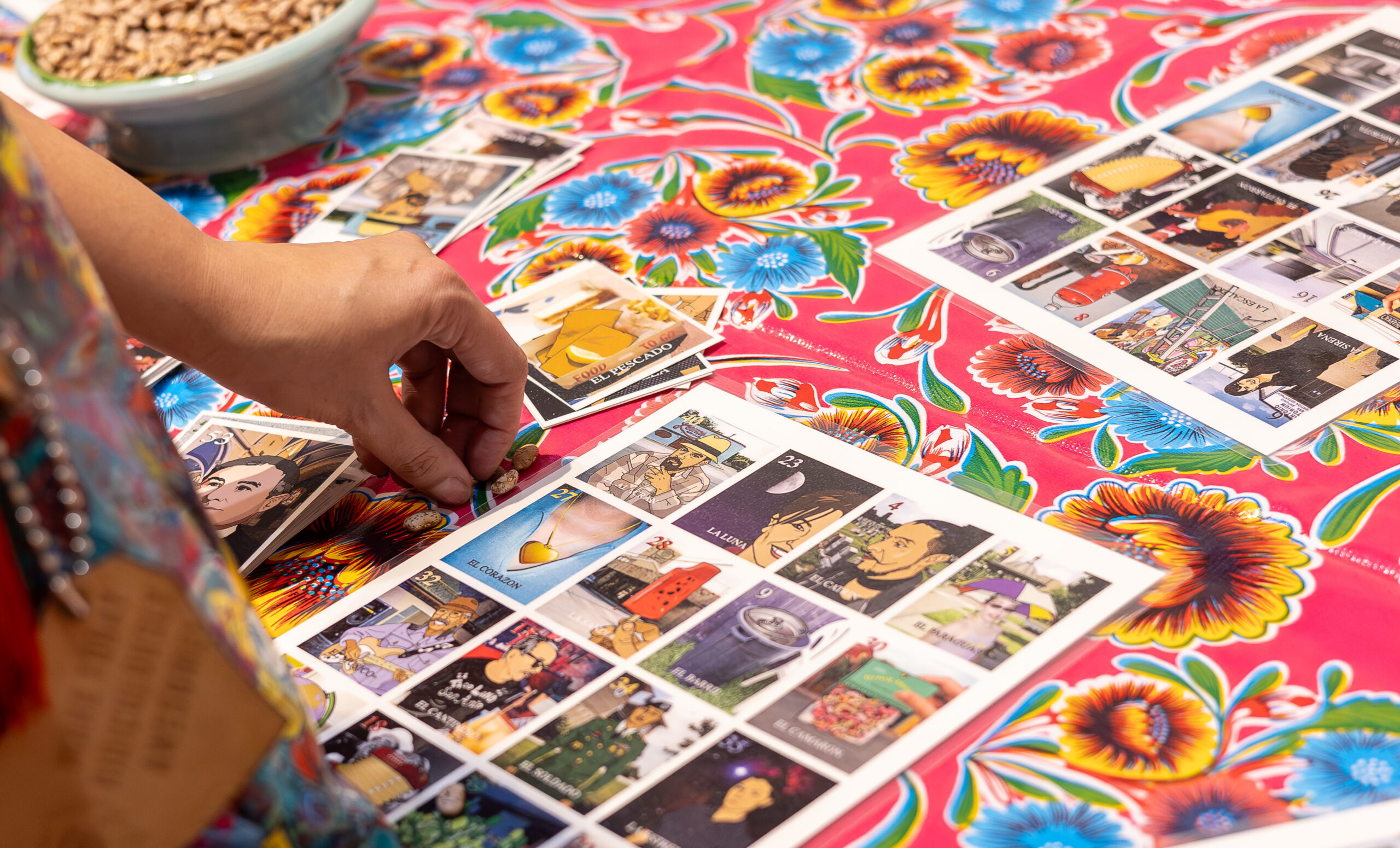
Photo by Bria Woods.
Big Give: Westside Lotería Night
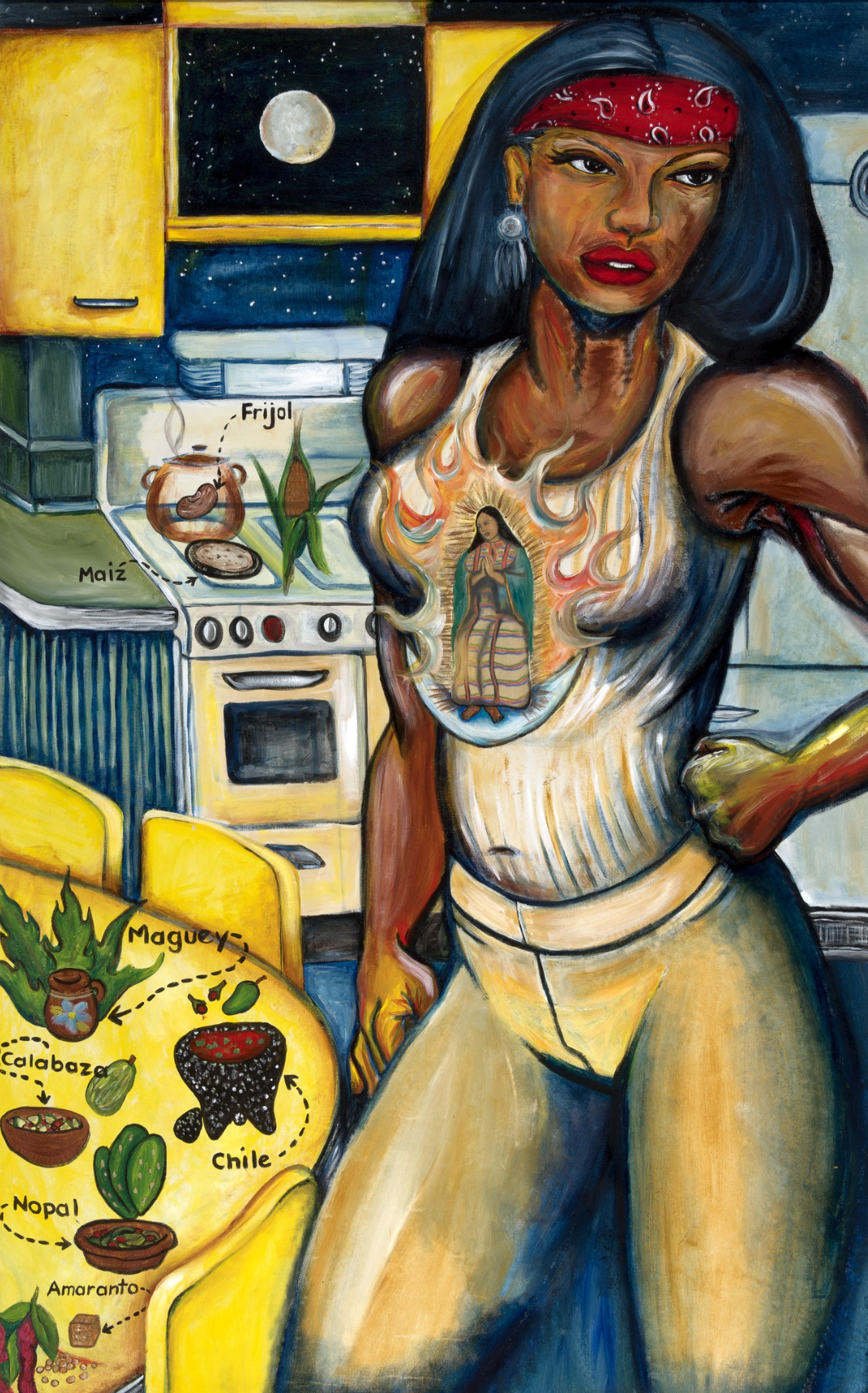
Debora Kueztpal Vasquez, Citlatli: Cuando Eramos Sanos, 2012.
“Artist plática on Citlali: Cuando Eramos Sanos” and “Food as Healing” Painting Workshop
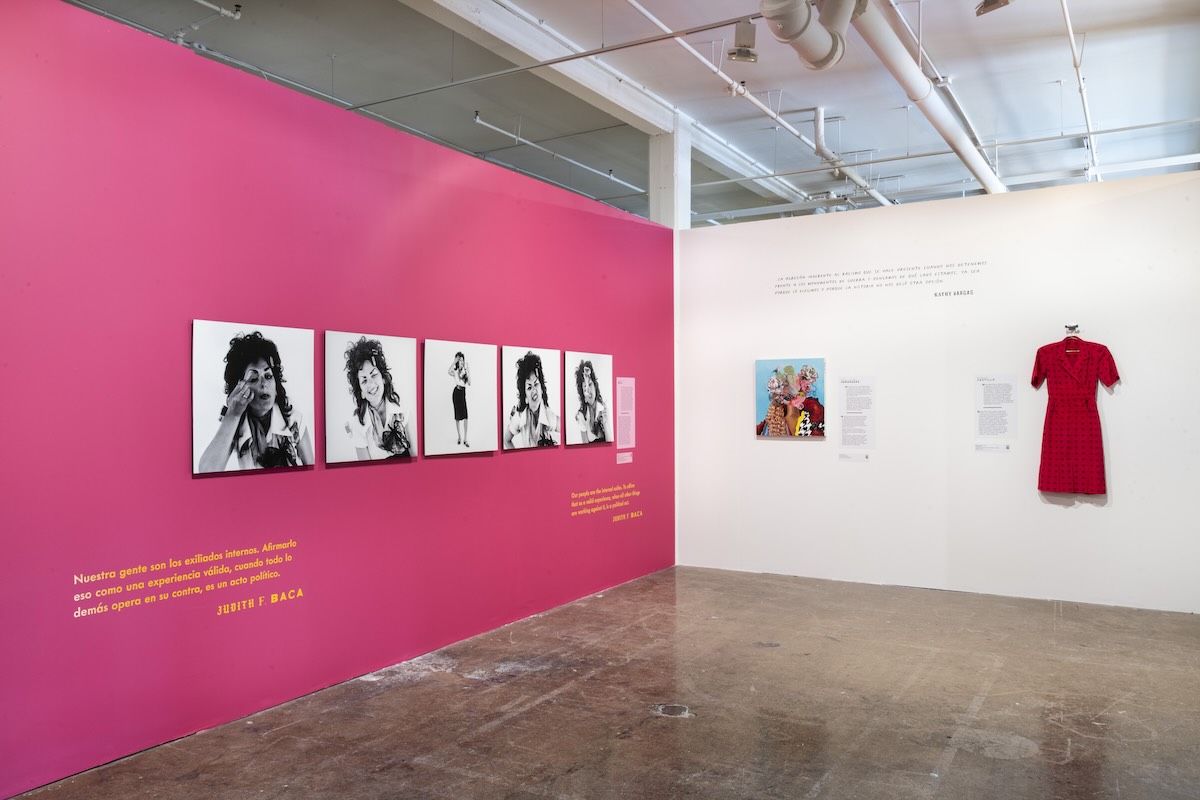
Xicanx: Dreamers + Changemakers Soñadores + creadores del cambio, installation view, 2024. Photo by Beth Devillier.
Xicanx Symposium
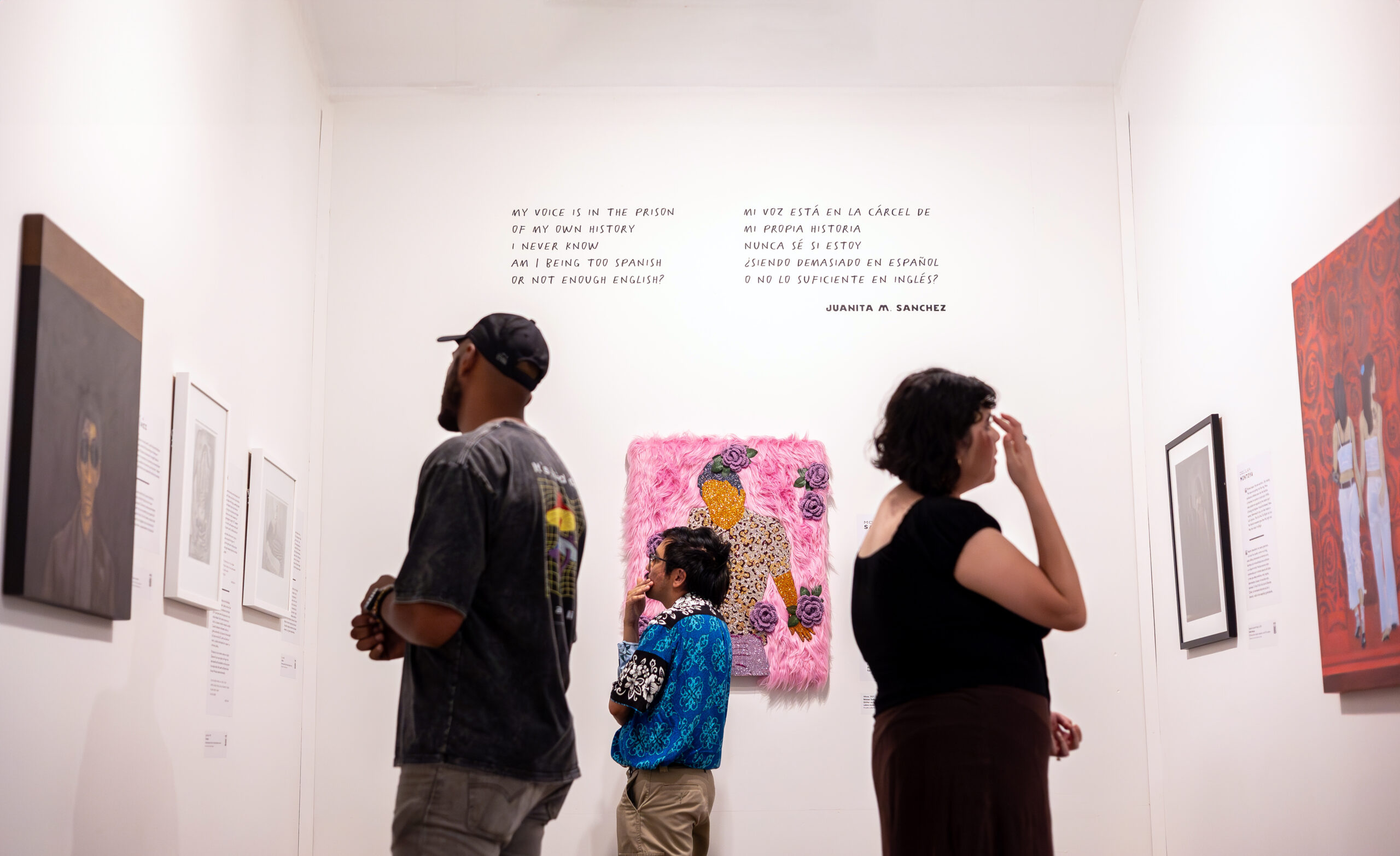
Visitors during our June 2024 First Friday opening. Photo by Francisco Cortes.


